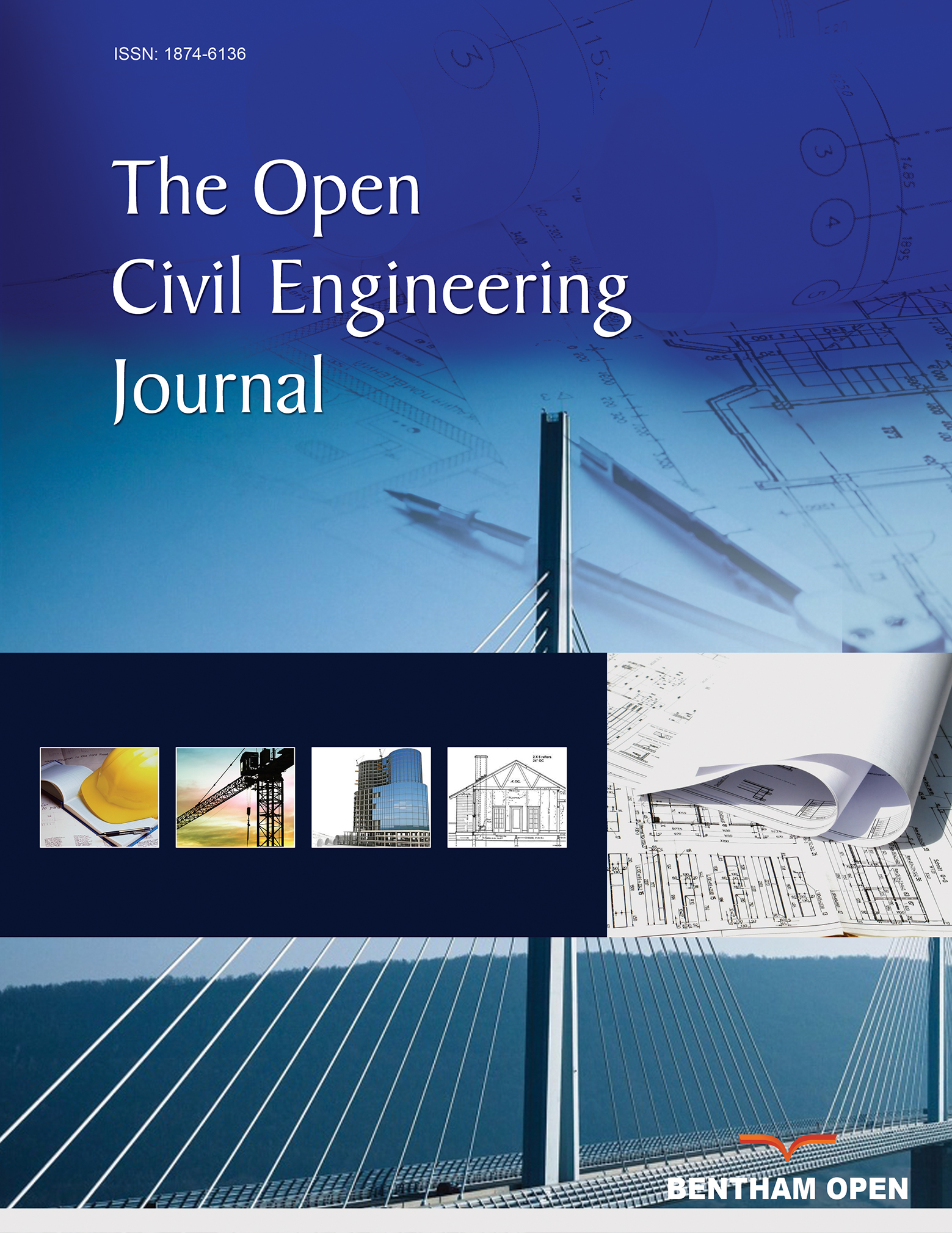All published articles of this journal are available on ScienceDirect.
Installation and Maintenance Principles of Seismic Isolators: Erzurum Health Campus
Abstract
Background:
The objective of isolation is to reduce the seismic forces transmitted through the structure using active and/or passive insulation systems.Seismic isolators, which are passive insulation systems and are placed between the foundation of the structure and the structure, are discussed throughout this study. Isolators consist of rubber layers that have horizontal flexibility, steel layers that increase rigidity and a lead or ball core, which increases vertical stiffness. Installation and maintenance of seismic isolators require great care in order not to exceed the displacements/section forces envisaged at the design of the structure during the earthquake.
Objective:
Installation and maintenance principles of the friction pendulum type isolators used in Erzurum Health Campus (hospital) are presented throughout this study. While the seismic isolators are anchoraged to directly concrete in the general application, they are placed between two steel plates of type S355J2 in this application, because of cold-weather conditions. To evaluate this condition, the models with and without steel plate are compared to each other.
Methodology:
The models with and without steel plate were formed using finite-element method to compare the stress distributions on the isolator.
Conclusion:
The results demonstrated that the model with steel plates occur the uniform stress through surface and keep under control deformation of cross-section in the reinforced concrete.


